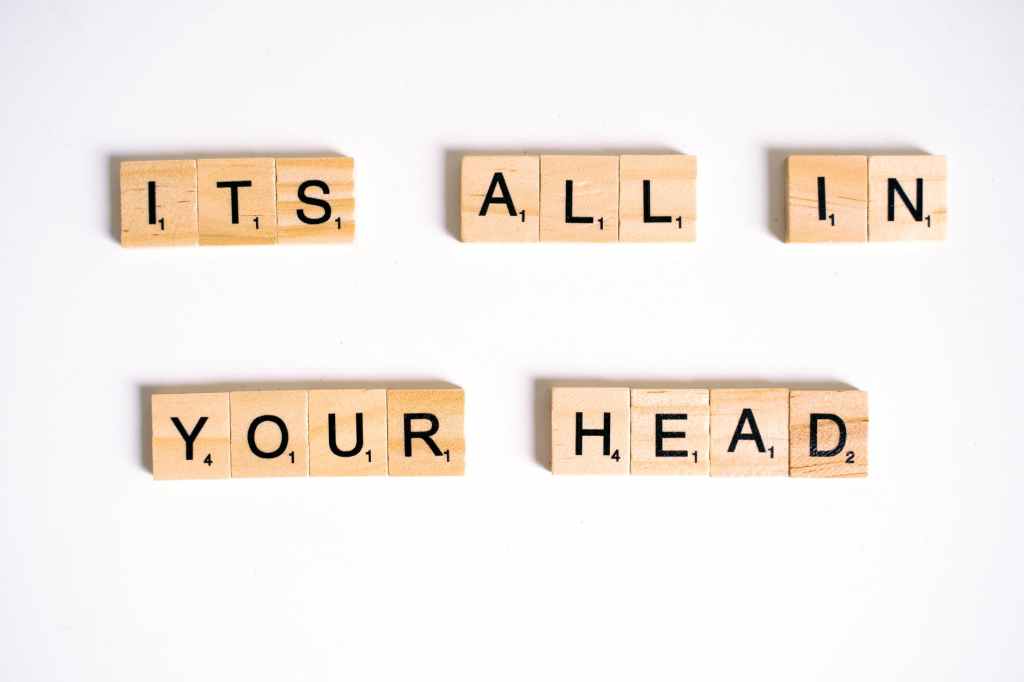“Mental illness does not give you the excuse to act like a jackass.”
– Pete Davidson
The above quote quite sums up the entirety of what this short post will be.
It’s not unheard of. Someone with a mental illness, consciously or not, may believe they’re allowed a free pass at times. This, of course, is false. In no set of circumstances does mental illness allow one to act like a dick.
It’s a total myth that having a mental illness is an excuse for poor or bad behavior. Not that that is out of the realm of possibility, but one cannot stand behind the guise of mental illness to do whatever one wants. Yet, in certain times, we need to remember that the illness is not the person, and those isolating behaviors are part of their condition.
One study found that one-third of people think people with mental illness are ‘making excuses’.
According to an article in The Bridge Chronicle, people use mental illness as “an excuse for irrational behavior…mental illness doesn’t evaporate the consequences of our actions.”
“Mental health does not make problematic behaviors excusable.”
A clear example of this is Kanye West and his continued deterioration in the media. He is allegedly bipolar (I am not sure if there has ever been a clinical diagnosis or not), but up until recently, we have always given Kanye a “pass” when he’s been offensive or completely “off his rocker” (pardon my discriminatory description – Kanye has earned it, though). His “genius” overshadowed any medical or mental health concerns that he was experiencing, and he continued down a destructive, untreated path.
I understand, to some degree, why people may play the “mental illness” card, though. It is sometimes the only way we can get any true recognition of our condition. It’s inexcusable to be manipulative when it comes to “owning” one’s illness, but sometimes it is the only way to express that part of our lives. One can use tact, though, and in a way that’s not so extreme.
There are different ways to go about “expressing” yourself. Taking responsibility for one’s actions and/or reactions is a good place to start. You may end up revealing something about yourself that you don’t want to but taking responsibility for certain behaviors is a good step in the right direction.
Having that kind of accountability can go a long way when having a mental illness. You have to acknowledge the situation before being able to handle it.
Symptoms of an undiagnosed mental illness include:
· Thoughts of harming someone or yourself
· Emotions of sorrow, frustration, fear, concern, or anxiety are recurrent or persistent.
· Regular outbursts of feelings or mood changes
· Uncertainty or mysterious memory lapses
· Delusions or hallucinations
· Intensive fear or anxiety about putting on weight
· Important shifts in eating or sleeping behaviors
· Unknown improvements in success at school or work
· Failure to deal with regular tasks or problems
· Cessation from events or relations in society
· Authority disobedience, delinquency, robbery, or destruction
· Misuse of substances, including alcoholism or illicit drug use
· Mysterious bodily conditions
There have been times when I’ve “gone off” because I’ve slipped, and lashing out seemed to be the most logical response. Hands up-don’t shoot! I, too, have been guilty of this.
If you find yourself lashing out at others, here are a few things you can do:
· If you have a lot of built up anger, speak to someone. A family member, a friend, or your doctor to talk about the things going on in your head.
· Alternatively, if you’re feeling angry, unleash your feelings by calling Samaritans on 116 123, they are there to listen to you.
· If you find yourself irritated or angry, question what’s going on. Is everyone else being irritating, or do you need extra support for your emotions?
· Before making hurtful comments, take a step back and think about the consequences.
· If you are unable to stop a reaction, take some time out afterward and apologize to the person you hurt.
· Listen when friends and loved ones tell you they’re hurting. Don’t dismiss their feelings or deflect them by blaming your mental illness.
Some people struggle with their moods and behaviors. It can be debilitating for everyone involved. This, however, does not give anyone the right to abuse their condition. Being mentally ill does not excuse bad or inappropriate behavior.


Leave a comment